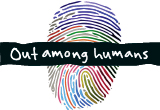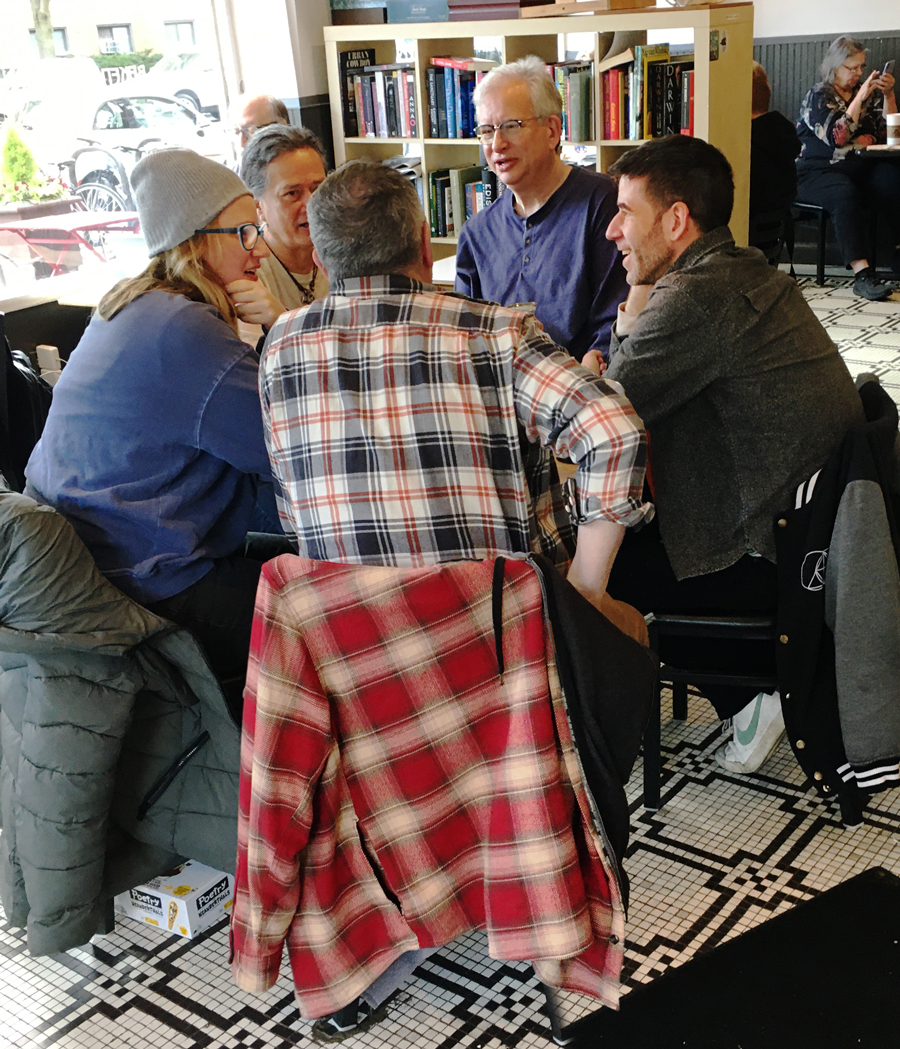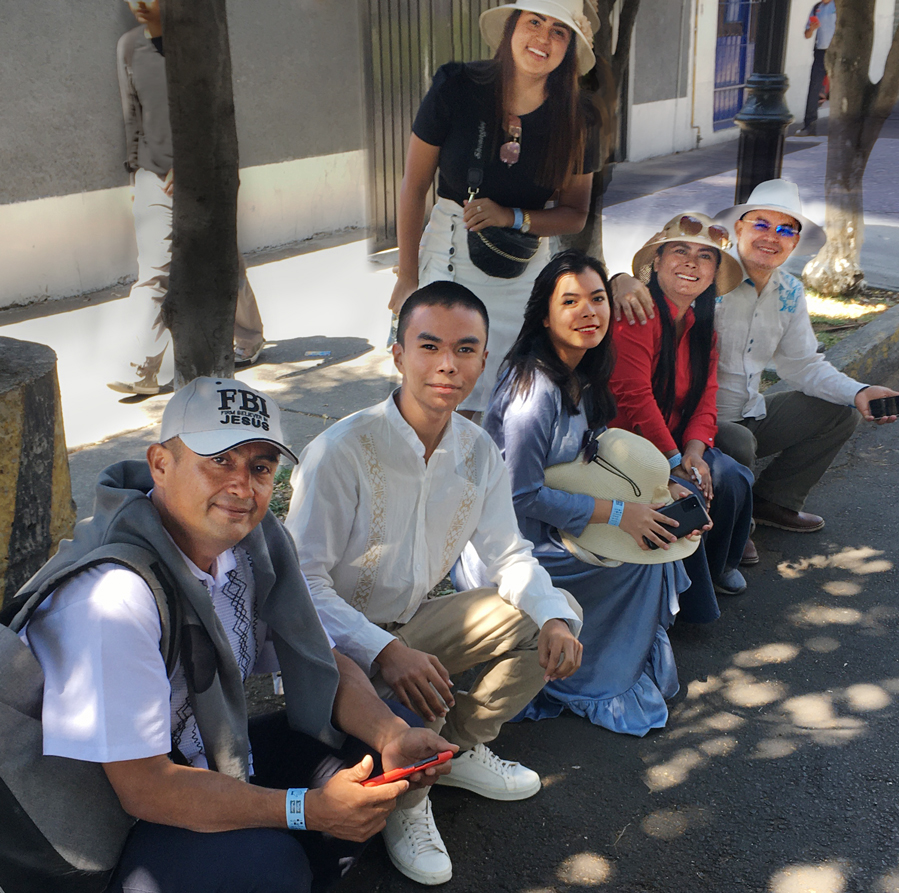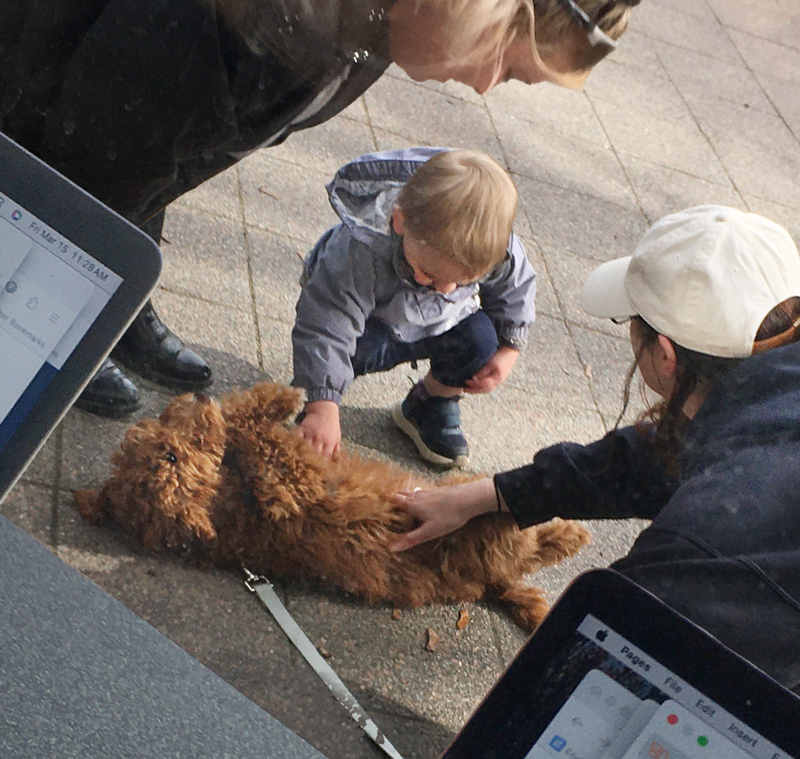Fathers Day 2024
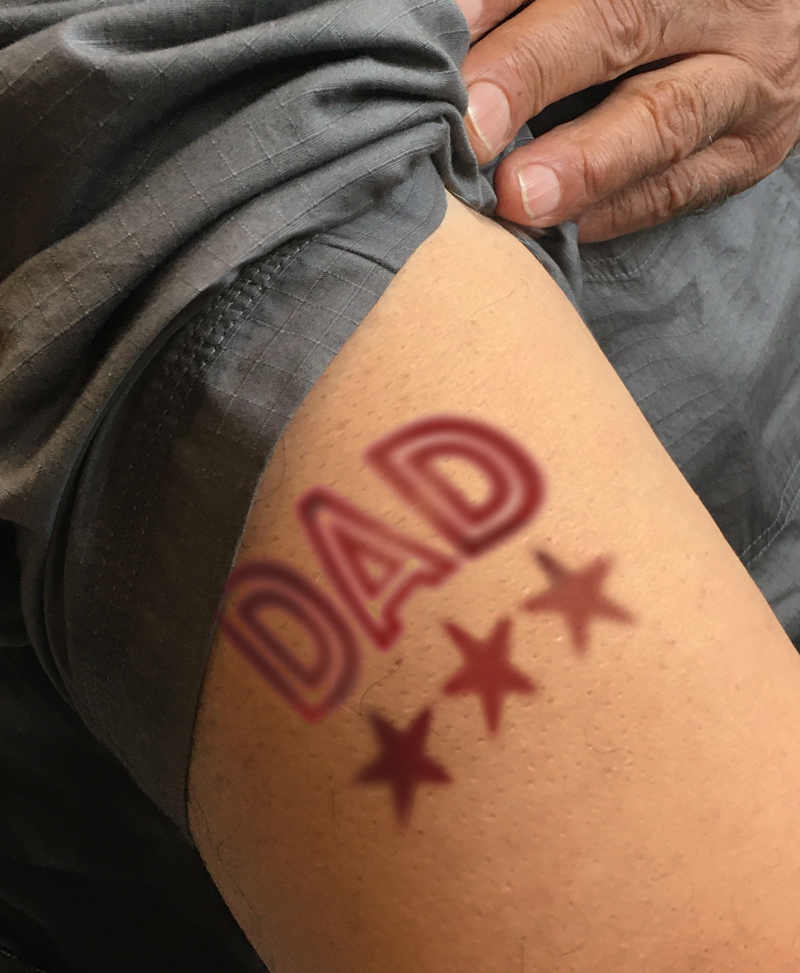 What would you say is the most important thing that your father taught you?“…my father was pretty quiet and led by good example.” — Nancy Myers
What would you say is the most important thing that your father taught you?“…my father was pretty quiet and led by good example.” — Nancy Myers
“…charity.” — Jenny Hagar
“…when I was trying to make an important decision my father would ask me questions that would help me.”– Ted Buenger
“…I could never do justice in describing all the things my father taught me.” — Edna Grad
“…my father taught me was to look both ways before crossing the street – that saved my life in London years later.”
“…the most important thing my father taught me is to reject a bent board.” — Norm Ewald
“…my father taught me how to ‘tinker.’ To be vigilant and to tease things apart. When you know how to tinker you can solve any problem whether it’s writing a good essay, trying to find where there is a shared neutral wire or how to achieve the elusive Double C on the trumpet. — Marshal MacDonald
“…never give up.” — Scott Pemberton
“…I’ve never forgotten my dad’s four-word sex advice, which I’ve used to advantage in other contexts, too: “Don’t do anything stupid.” — Greg Taubeneck
“…resolve your problems, find a solution, the problem will be solved; and I’ll have your back.” — Will Butzlaff
“…coming from a family of immigrants, my father played football to escape from having to work in the coal mines. For him, everything was a struggle. As his daughter, I learned (or just inherited) a certain fierceness and determination.” — Anna Nardo
“…distilling it all down, the most memorable message I got from my father is, ‘Stand up for yourself. Don’t let anybody push you around.’” — Jim Thompson
“…while academic success eluded him, my father was blessed with a wickedly good sense of humor. He had a special talent to make everyone around him laugh with him. The best lesson that we learned from our fathers? The answer for me was immediately obvious – a sense of humor.” — Kevin Evanich
“…I learned about speaking with children like they’re people and being honest with them.”
“…my dad taught me people are almost always focused on their own lives. They are not thinking about YOU or anything you may have done to offend them. It’s best to reserve judgement when you feel slighted or neglected…they are in their own reality and are not trying to attack you!” – Paul Rathburn
“…he told my sisters and me to keep moving. He was talking about physical health and well being, that the only way to mitigate some of the inevitable age-related declines was to use your muscles consistently and as best you could. – Sherri Smith
“…my father was a really kind and gentle guy. When we became adults (speaking for my 4 siblings as well), he was our best friend. He passed too soon at 68, and I think of him almost every day.” – Brian Brady
“…the most important thing my father taught me was the importance of sports. He literally taught me how to play baseball, basketball and golf.” – Ron Condon
“…my father’s teaching was ordinarily more example than dictation. A man told me about the time he and my father were members of the same Loop insurance agency. A significant, very lucrative piece of business came my father’s way. However, the opportunity had questionable aspects. ‘Your dad turned it down flat,’ the man said.” – Tom Figel
“……he was a Chicken Delight franchisee, and when the parent company went bankrupt, he lost everything. Many of his fellow franchisees declared bankruptcy. Not my Dad. Call him a sucker, but he sacrificed (and so did we) so he could pay back everything he owed. After that, my smart, cerebral Dad took a series of menial jobs to pay the bills. Because ‘no work is beneath you if it pays the bills.’ I was so proud of him.” – Chris Haxagar
“…I have fond memories of when my Dad taught me to sing and play “Tiny Bubbles” by Don Ho on the ukelele. I was no more than 6 or 7. Funny thing, my son never met him but he also enjoys playing the ukelele. I still have Dad’s uke!” – Janet Trierweiler
“…quit trying to have the last word!” – Mary Heneby Read more…
